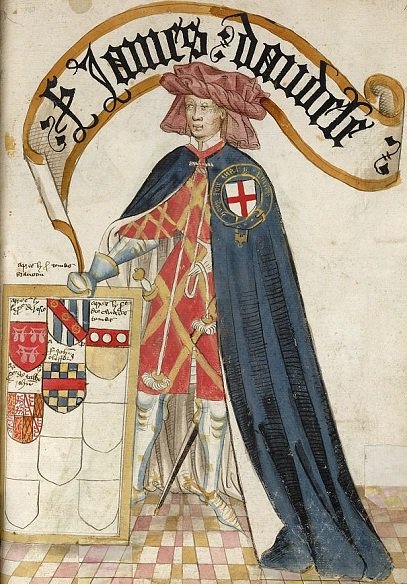
Maritime stuff and medieval law. Flaneur and antiquarian. Employment law. Cantab.
'He was more than a hero, he was a union man' ✡️
How to get URL link on X (Twitter) App


 (2) much of these years out of London completely, in the north fighting wars against the Scots. The abbot, Walter of Wenlock, was living primarily in his manors outside London during this time. The absence of any meaningful supervision led to extraordinary neglect and delinquency
(2) much of these years out of London completely, in the north fighting wars against the Scots. The abbot, Walter of Wenlock, was living primarily in his manors outside London during this time. The absence of any meaningful supervision led to extraordinary neglect and delinquency

 (2) involved a white/male boss singling out black or women employees for harassment. The harassment was not explicitly sexist or racist. In other words, they didn't use sexist or racial epithets ('bitch', the N-word, etc). But when you have a manager with nine male employees
(2) involved a white/male boss singling out black or women employees for harassment. The harassment was not explicitly sexist or racist. In other words, they didn't use sexist or racial epithets ('bitch', the N-word, etc). But when you have a manager with nine male employees

 (2) famously taken aback by the independence and audacity of the English parliament in daring to decline his commands and place conditions upon him, something to which he was apparently unused in Scotland. Furthermore, there is a long history of England as a land of laws, in
(2) famously taken aback by the independence and audacity of the English parliament in daring to decline his commands and place conditions upon him, something to which he was apparently unused in Scotland. Furthermore, there is a long history of England as a land of laws, in

 and the owner of 17 manors. Robert was the grandson of Walter Hungerford, KG, the first Speaker of the House of Commons, later ennobled as 1st Baron Hungerford. Robert and Eleanor married young, when he was 12 and she (pictured: a respectable late-medieval 'belted' knight)
and the owner of 17 manors. Robert was the grandson of Walter Hungerford, KG, the first Speaker of the House of Commons, later ennobled as 1st Baron Hungerford. Robert and Eleanor married young, when he was 12 and she (pictured: a respectable late-medieval 'belted' knight) 

 (2) The plaintiff is one "Sir John Damsell preest", a priest of the Chapel of St Thomas on the Bridge. In medieval days, London Bridge had buildings on each side of the roadway, much like the Ponte Vecchio. In the centre of the bridge, there was a stone chapel that had been
(2) The plaintiff is one "Sir John Damsell preest", a priest of the Chapel of St Thomas on the Bridge. In medieval days, London Bridge had buildings on each side of the roadway, much like the Ponte Vecchio. In the centre of the bridge, there was a stone chapel that had been

